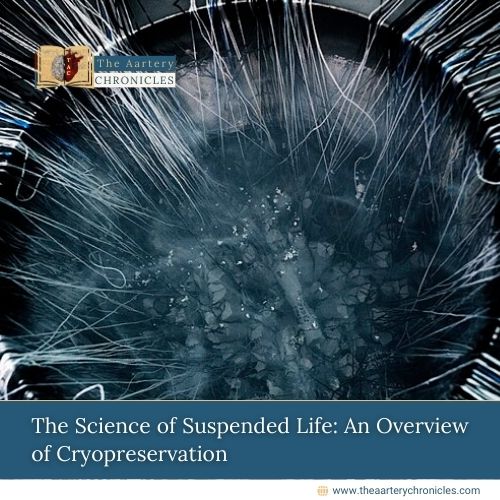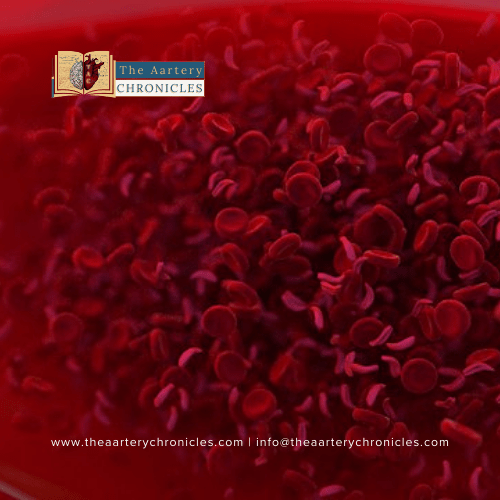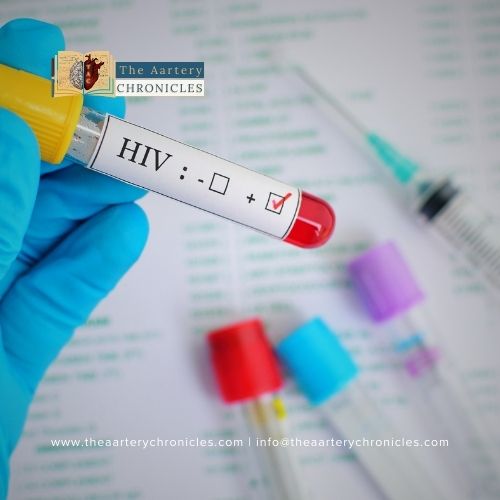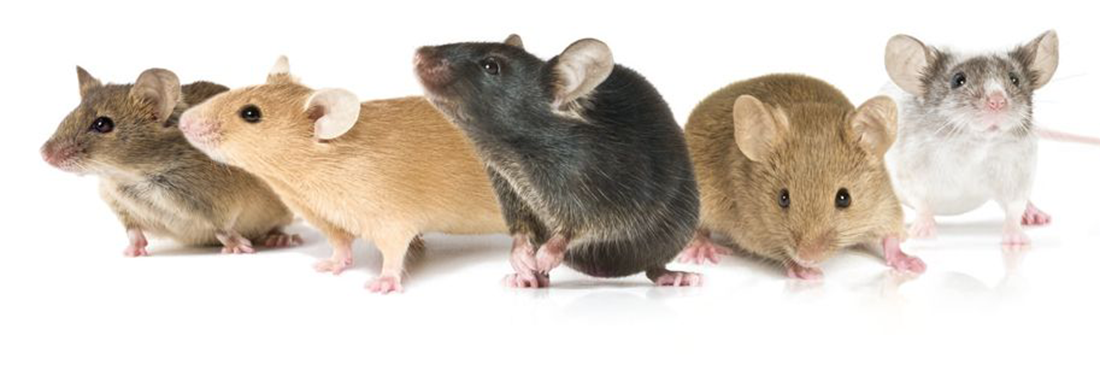
The morality of animal testing and its alternatives
Animal testing has been a topic of debate for decades. While some argue that it is necessary for medical research and the development of new treatments, others believe that it is morally wrong to subject animals to testing. In recent years, there has been an increased focus on finding alternatives to animal testing. In this blog, we will explore the morality of animal testing and its alternatives in the field of medicine.
The Pros and Cons of Animal Testing
Animal testing has been instrumental in advancing medical research and the development of new treatments. Here are some of the pros of animal testing:
PROS of Animal Testing
- It has led to the development of life-saving treatments and vaccines such as insulin, antibiotics, and vaccines for polio, measles, and mumps.
- It has helped scientists understand the effects of drugs on the human body and how they work to treat diseases.
- It has led to a better understanding of the human body and diseases and has paved the way for new treatments and therapies.
- It has helped to improve the safety of products such as cosmetics, cleaning products, and pesticides.
CONS of Animal Testing
- It is often criticized for its ethical implications as it involves the use of animals who may be subjected to pain, suffering, and death.
- It is expensive and time-consuming, and not all animals respond to drugs and treatments in the same way as humans.
- Some believe that animal testing can be unreliable and produce inaccurate results, which can lead to the use of ineffective treatments and drugs.
- It can also cause harm to the environment due to the disposal of animal waste and chemicals used in testing.
Alternatives to Animal Testing
In vitro testing

In vitro testing involves the use of cells or tissues outside of the body. This method is often used to test the toxicity of drugs and chemicals. It is less expensive than animal testing, and researchers can obtain results more quickly.
Computer modeling
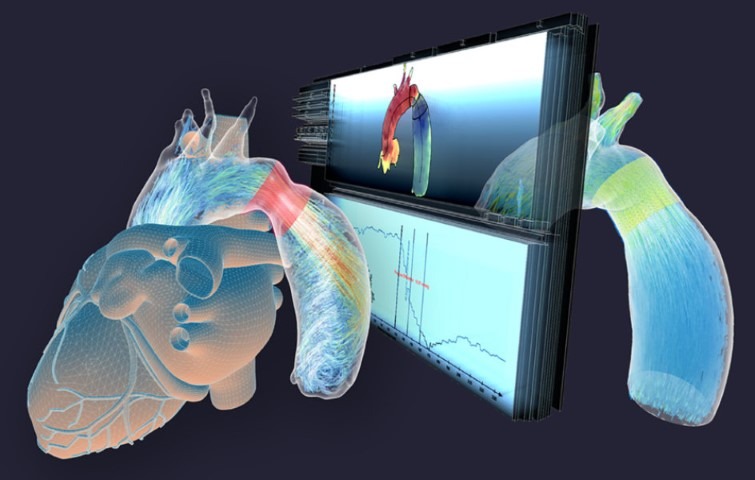
Computer modeling involves the use of computer simulations to predict the effects of drugs and treatments on the human body. This method is particularly useful for predicting the effects of drugs on the heart, liver, and kidneys.
Microdosing
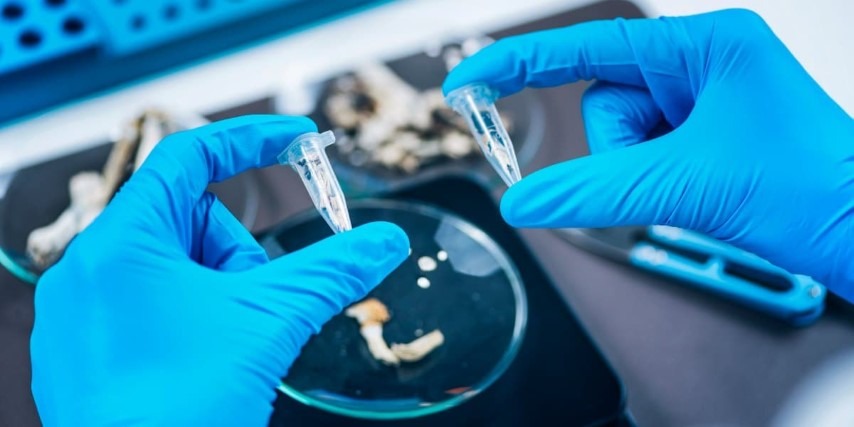
Microdosing involves giving humans very small doses of drugs and monitoring their effects. This method can provide valuable information about how drugs work in the human body without exposing humans to harmful side effects.
Stem cell research
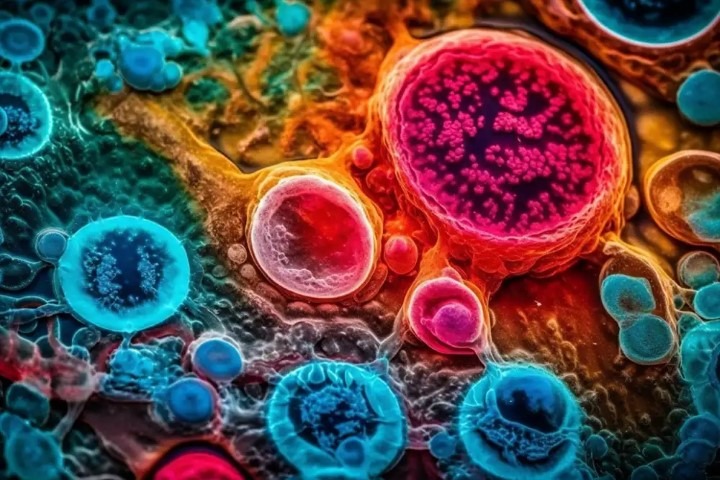
Stem cell research involves the use of stem cells to create tissue and organs for testing. This method is particularly useful for studying diseases such as cancer and Alzheimer’s.
Conclusion
The use of animal testing in medical research has been a controversial topic for many years. While animal testing has played a vital role in advancing medical research, it also has its drawbacks, particularly when it comes to its ethical implications. The development of alternative methods such as in vitro testing, computer modelling, microdosing, and stem cell research shows promise in reducing the need for animal testing. Ultimately, the goal of medical research is to improve human health and save lives, and it is important to continue exploring new methods that are effective, ethical, and reliable.

Author: Dr Malhar Mone
References:
- Russell, W. M. S., & Burch, R. L. (1959). The principles of humane experimental technique. Methuen.
- American Association for Laboratory Animal Science. (2021). About Laboratory Animal Science. Retrieved from https://www.aalas.org/about-laboratory-animal-science
- European Commission. (2021). Animal Testing. Retrieved from https://ec.europa.eu/growth/sectors/chemicals/animal-testing_en
- National Institute of Environmental Health Sciences. (2019). Alternatives to Animal Testing. Retrieved from https://www.niehs.nih.gov/health/topics/science/alt-testing/index.cfm
- World Health Organization. (2020). WHO Global Strategy for Containment of Antimicrobial Resistance. Retrieved from https://www.who.int/antimicrobial-resistance/global-action-plan/containment/en/
- Wagner, J. E., Jr., & Gluckman, E. (2018). Hematopoietic stem cell transplantation: a handbook for clinicians. American Society of Hematology.

